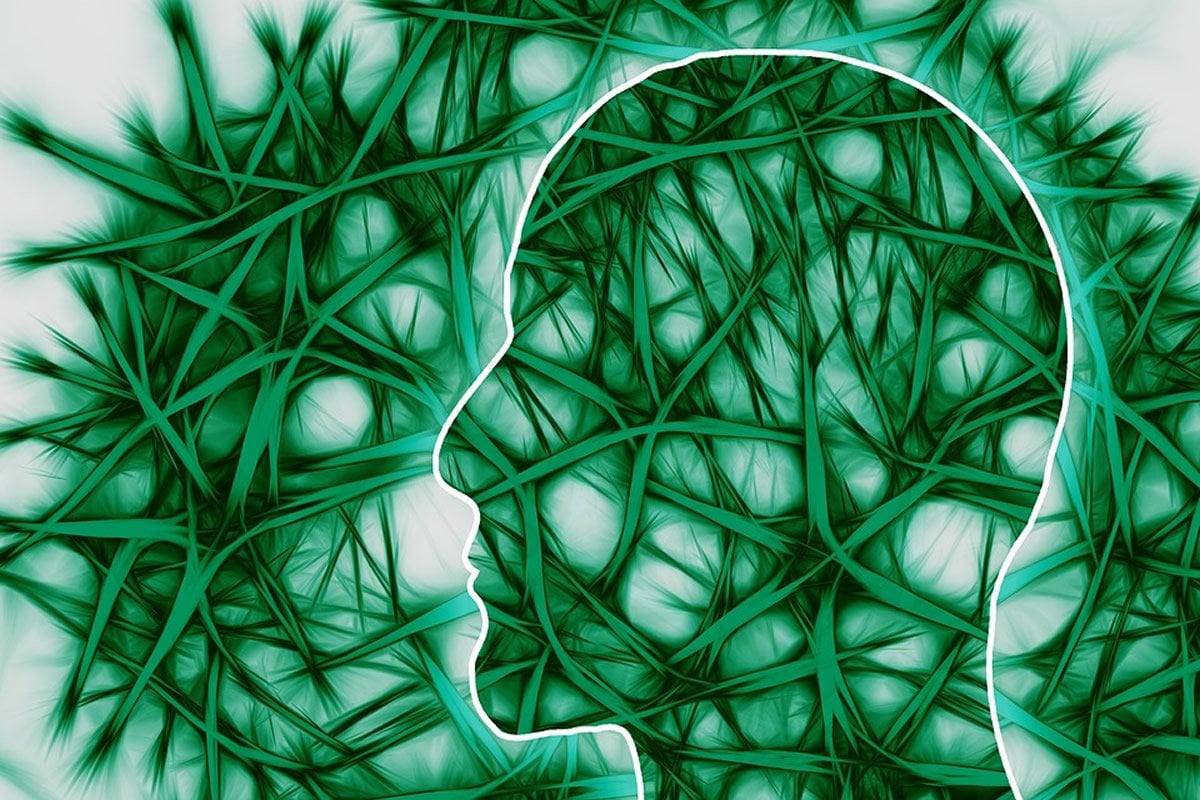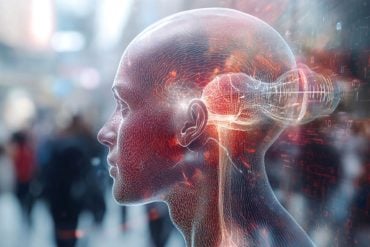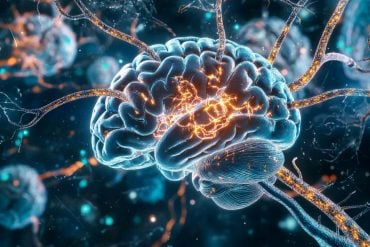Summary: Study evaluates the effects of regular cannabis use on cortical dopamine function in youth at high risk of psychosis.
Source: Wiley
A new Addiction Biology study provides the first evidence of a blunted response to stress-induced dopamine signaling in the brain’s prefrontal cortex in individuals at high risk for psychosis who regularly used cannabis.
Little is known about the effects of cannabis on brain neurochemistry, and specifically about its impact on dopamine signaling. Of note, a recent analysis found a dose-response relationship between higher cannabis use and increased risk for schizophrenia, a condition associated with abnormal dopamine synthesis and release in the brain.
This latest study’s results are important given the global trend to legalize cannabis and the growing evidence of the increased risks for psychosis in vulnerable youth.

“Regular cannabis use has a profound effect on cortical dopamine function, in particular in relation to the stress response, which is critical for young adults at risk for psychosis,” said senior author Romina Mizrahi, MD, PhD, of the Centre for Addiction and Mental Health, in Toronto. “These results highlight the need for further research on the impact of cannabis on brain neurochemistry, especially in populations at risk for psychosis.”
Source:
Wiley
Media Contacts:
Penny Smith – Wiley
Image Source:
The image is adapted from Wiley news release.
Original Research: Closed access
“Stress‐induced cortical dopamine response is altered in subjects at clinical high risk for psychosis using cannabis”. Christin Schifani, Jens Pruessner, Huai‐Hsuan Tseng, Naren Rao, Abanti Tagore, Alan A. Wilson, Sylvain Houle, Pablo M. Rusjan, Romina Mizrahi.
Addiction Biology. doi:10.1111/adb.12812
Abstract
Stress‐induced cortical dopamine response is altered in subjects at clinical high risk for psychosis using cannabis
Stress and cannabis use are risk factors for the development of psychosis. We have previously shown that subjects at clinical high risk for psychosis (CHR) exhibit a higher striatal dopamine response to stress compared with healthy volunteers (HV), with chronic cannabis use blunting this response. However, it is unknown if this abnormal dopamine response extends to the prefrontal cortex (PFC). Here, we investigated dorsolateral PFC (dlPFC) and medial PFC (mPFC) dopamine release using [11C]FLB457 positron emission tomography (PET) and a validated stress task. Thirty‐three participants completed two PET scans (14 CHR without cannabis use, eight CHR regular cannabis users [CHR‐CUs] and 11 HV) while performing a Sensory Motor Control Task (control scan) and the Montreal Imaging Stress Task (stress scan). Stress‐induced dopamine release (ΔBPND) was defined as percent change in D2/3 receptor binding potential between both scans using a novel correction for injected mass of [11C]FLB457. ΔBPND was significantly different between groups in mPFC (F(2,30) = 5.40, .010), with CHR‐CUs exhibiting lower ΔBPND compared with CHR (.008). Similarly, salivary cortisol response (ΔAUCI) was significantly lower in CHR‐CU compared with CHR (F(2,29) = 5.08, .013; post hoc .018) and positively associated with ΔBPND. Furthermore, CHR‐CUs had higher attenuated psychotic symptoms than CHR following the stress task, which were negatively associated with ΔBPND. Length of cannabis use was negatively associated with ΔBPND in mPFC when controlling for current cannabis use. Given the global trend to legalize cannabis, this study is important as it highlights the effects of regular cannabis use on cortical dopamine function in high‐risk youth.






